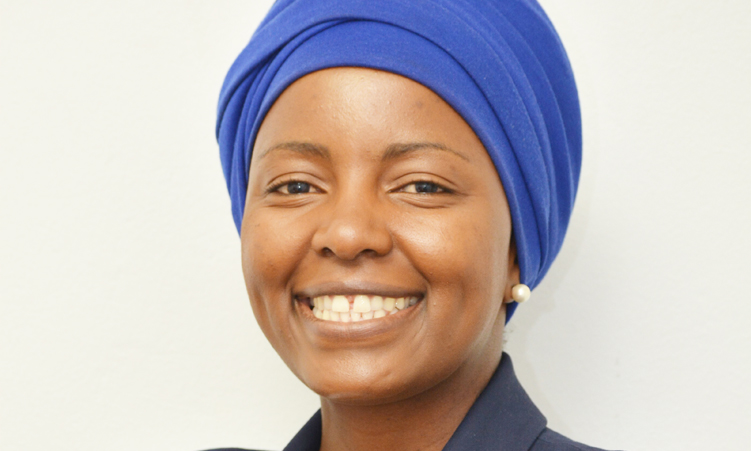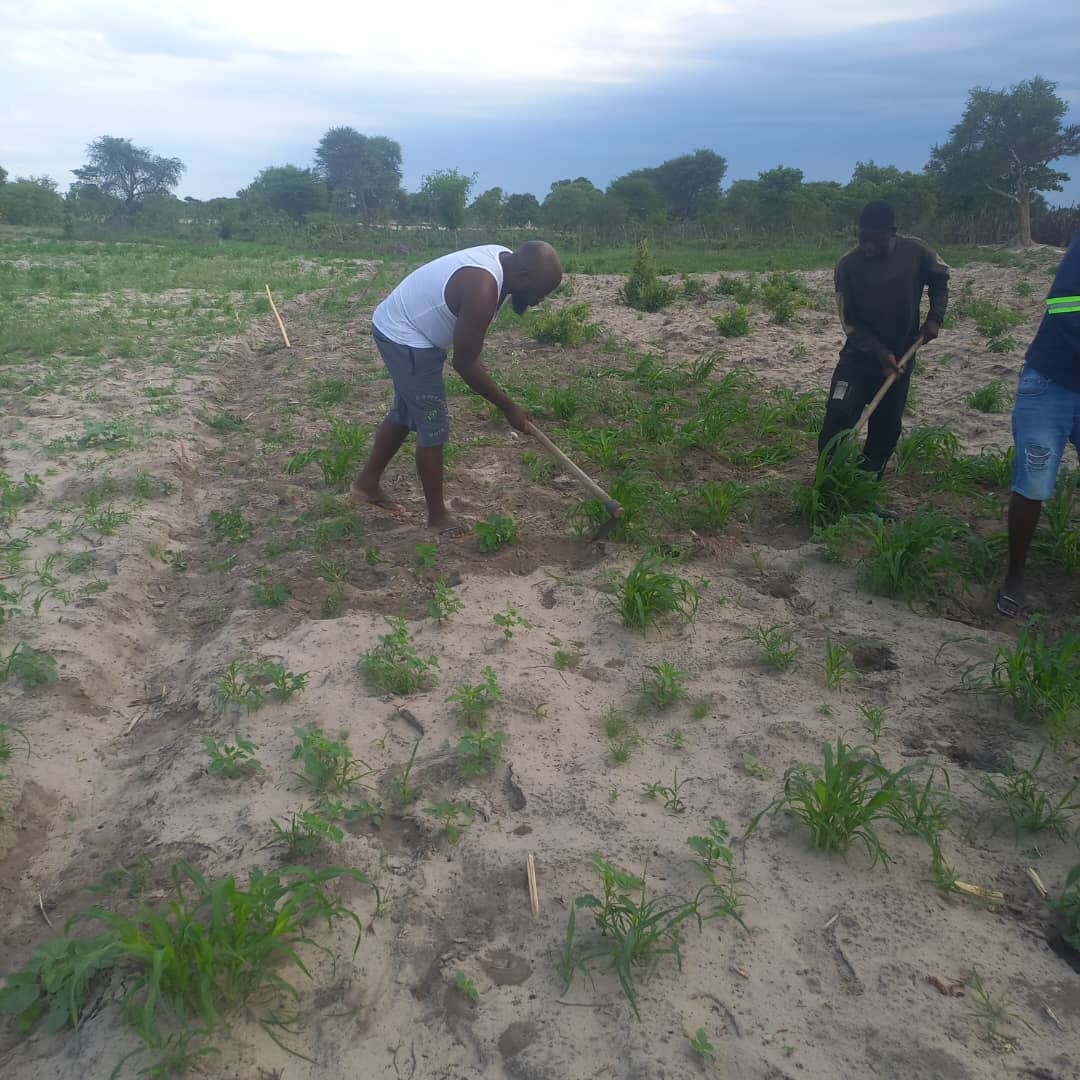For some, land ownership is like winning the lottery. However, it comes with responsibilities and restrictions.
You will have the right to use, transfer, invest in and prevent others from accessing the land.
Owning land is essential for creating generational wealth.
Women owning land provides them with financial security as they can freely invest and farm for subsistence or commercial purposes.
In addition, land ownership ensures secure retirement as it can serve as a form of social security.
Secure land rights for women has to be accompanied by economic empowerment and inclusion in decision-making.
Societies that deny women equal land rights can create challenges for all and negatively affect children.
PRIMARY PROVIDERS
Women with high tenure security are more likely to avoid conflicts and can improve the environment and household living conditions.
There is greater independence for landowners with enhanced security.
In addition, they are better positioned to plan for themselves and their families.
This includes co-ownership within a marriage.
Some societies still only support access to women’s land rights through a male relative, which gives them secondary land rights.
Biases in some societies against women and their access to land undermines women’s human rights.
In most African countries, women are the primary providers and producers of household food.
When women face widowhood or divorce, they are more likely to be economically and socially affected by the loss of the male head of household.
In Namibia, a widow in the north was left distraught after her in-laws dismantled the residential structure in which she and her three children lived.
Relatives abused the right to property despite the Communal Land Reform Act (2002), which provides for protection of widows’ land rights.
PATRIARCHAL PRESSURES
There is a need for Namibia to improve protection of women’s land rights.
Most countries have done so through implementing legislation granting women equal access to land.
Despite this, secure land tenure is still affected by social norms that discriminate against women’s access and human agency (the ability to make choices and take actions to shape their own lives).
Societal norms that discriminate against women’s ownership of land are encouraged by men in positions of influence and male helpers in rural areas who feel entitled to property owned by women.
It is important to highlight the importance of capacity-building and including women in urban and rural land management decision-making processes.
Legal provisions should not just include women as board members but should prioritise them as part of board management with decision-making powers.
In addition, capacity-building should be an integral part of taking women leaders on board.
In urban areas, the Flexible Land Tenure Act (2012) does not stipulate gender criteria for the management committee of associations. But it should.
Communities whose traditions or cultures exclude women from formal setups need to be sensitised to the benefits of women’s inclusion.
Plus there is a need to highlight the harm caused to women and children because of exclusion from land ownership and land tenure security.
TRANSFORMATION
Namibia can learn from what other countries are doing in terms of transforming social norms.
The Uganda Community-Based Association for Women and Children’s Welfare has successfully implemented a campaign to create awareness among communities on social norms transformation.
It highlights how some cultural norms negatively affect women’s land rights and shares programmes that provide opportunities for improved land registration.
Because of limited exposure, some women need training on how to contribute their knowledge to land governance processes.
Therefore, there is a need to support women in capacity-building initiatives to enhance their confidence and encourage access to markets and leadership training.
These activities can directly strengthen women’s land ownership.
In addition, empowered women can actively contribute to how decisions on land access are made at local, regional and national levels.
BEYOND THE LAW
Laws alone are not enough to support women’s land rights.
The success of legislation depends on how a society implements and monitors its progress.
The status quo will be maintained without a mandatory criterion for including women on governance platforms and prioritising training.
Including women in land management decision-making and changing social norms is essential for an improved society.
Societies transform through gradual change. Within land management this can happen when women actively engage and contribute their skills and knowledge.
- * Menare Royal Mabakeng is a researcher and lecturer in land administration in the department of land and spatial sciences at the Namibia University of Science and Technology. The views expressed here are her own.
Stay informed with The Namibian – your source for credible journalism. Get in-depth reporting and opinions for
only N$85 a month. Invest in journalism, invest in democracy –
Subscribe Now!







